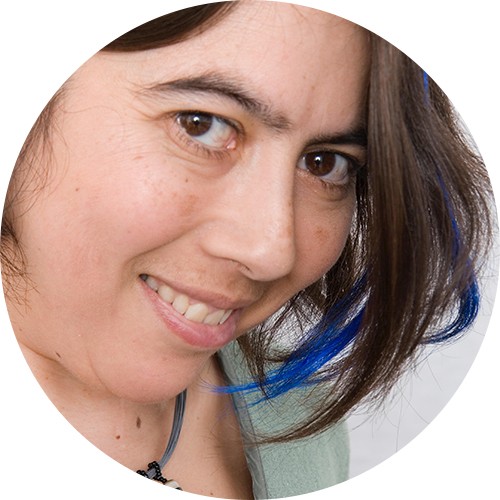
Tanya Motie
Diversity Champion, Mentor and former BBC Exec Producer
“We need disabled people to be decision makers, influencers in our media. Only then will we see ourselves reflected and represented authentically.”
Tanya is a determined and passionate advocate for disabled people in the media. In her 25 years in the industry she has pushed relentlessly for increased visibility of talent both in front of the camera and behind the scenes. She is a firm believer in career mentoring as she feels there won’t be sustainable change until disabled people are in positions of power and influence.
Tanya began her career with the BBC World Service before working for Radio 4 and BBC News. She then took a change of direction and moved to CBBC, producing flagship programmes such as Blue Peter and Xchange. She spent her last four years before retiring as the Channel Executive for BBC One and BBC Three.
Since then, Tanya has focused her energies on breaking down barriers. Her influence stretches far across the sector – not just at the BBC. She has been instrumental in encouraging greater diversity and inclusion in many areas of broadcasting, from drama to journalism – quietly guiding and advising policy makers at the highest levels to ensure disabled people are included, recognised and given a fair shot. Her work has changed the lives and fortunes of some household names.
Tanya remains generous in sharing her experience and connections. Known for her reliability and discretion, she actively mentors around 18 disabled, BAME or socially disadvantaged people in the industry. She sits on the BBC Diversity and Inclusion Advisory Group which challenges and monitors the BBC’s work. Tanya is a Diversity Advisor for Gilbey Films, a disability-focused production company founded by her husband, the Paralympian Andy Gilbert.
In 2017, Tanya joined JK Rowling’s charity Lumos as a Trustee and is now Deputy Chair. The charity works to end the global institutionalisation of children and support families instead. Unfortunately, disabled children are over-represented in institutions – marginalised and left behind.
We need disabled people to be decision makers, influencers in our media. Only then will we see ourselves reflected and represented authentically
